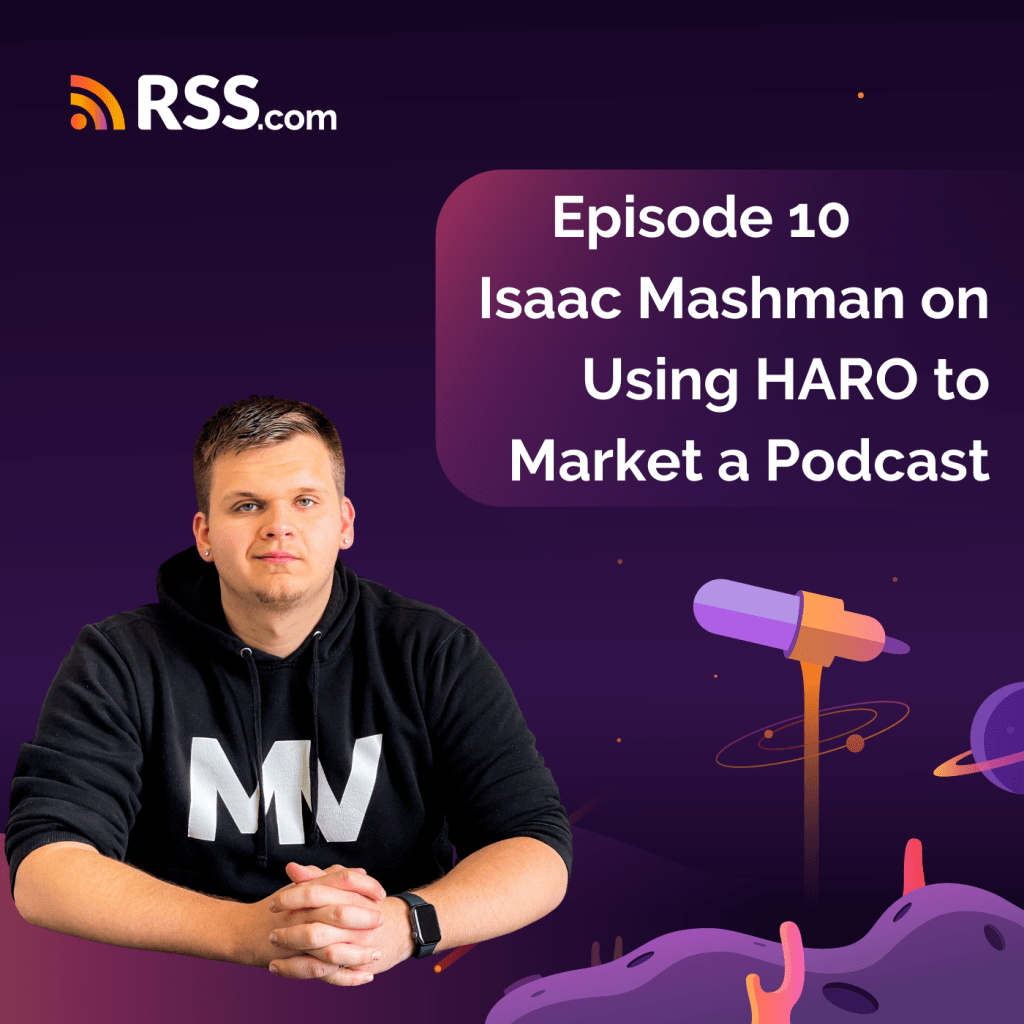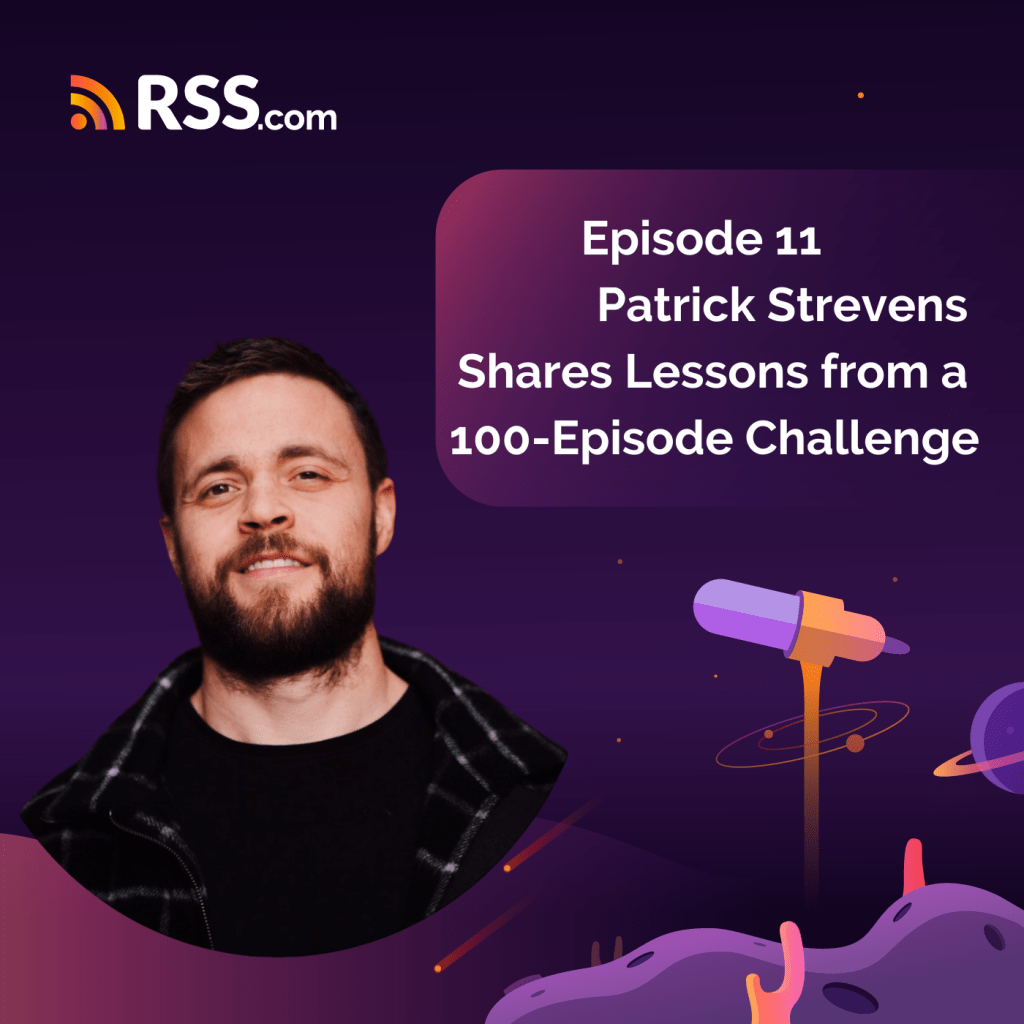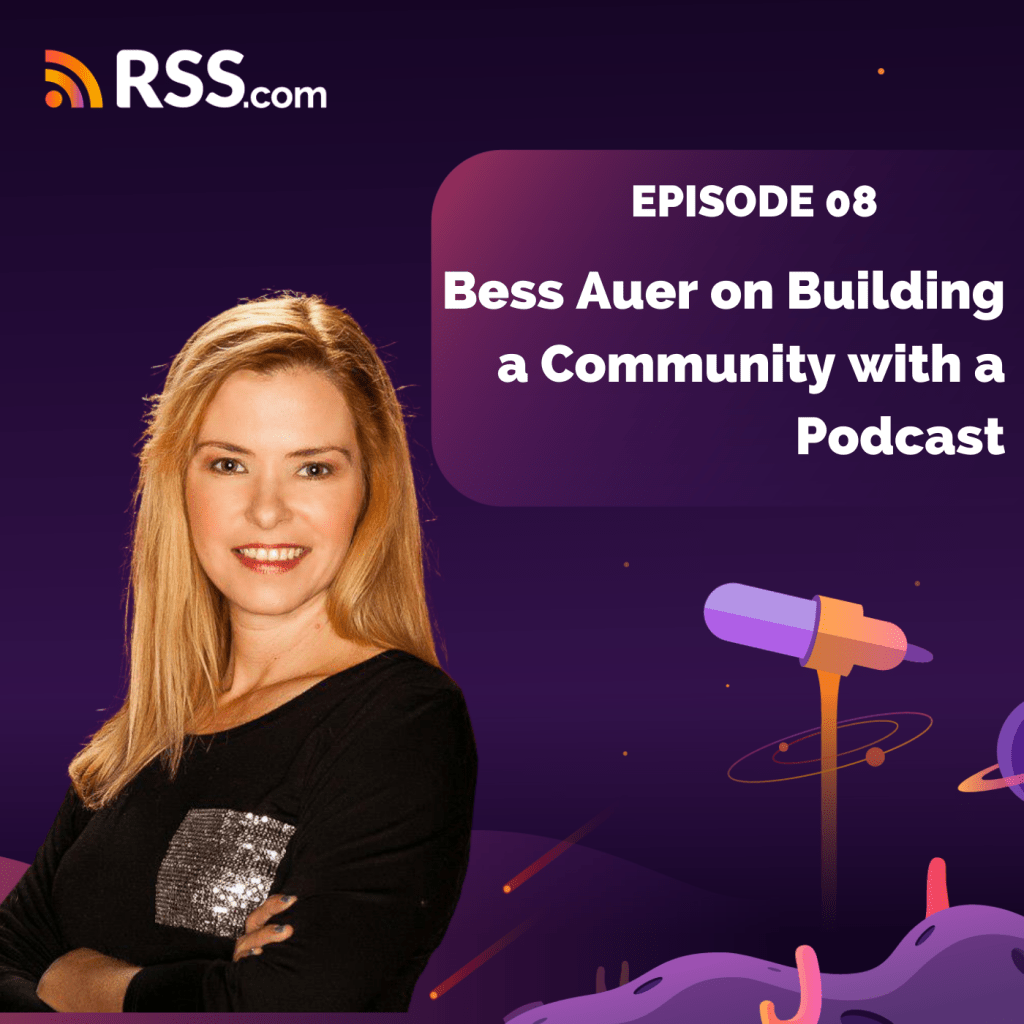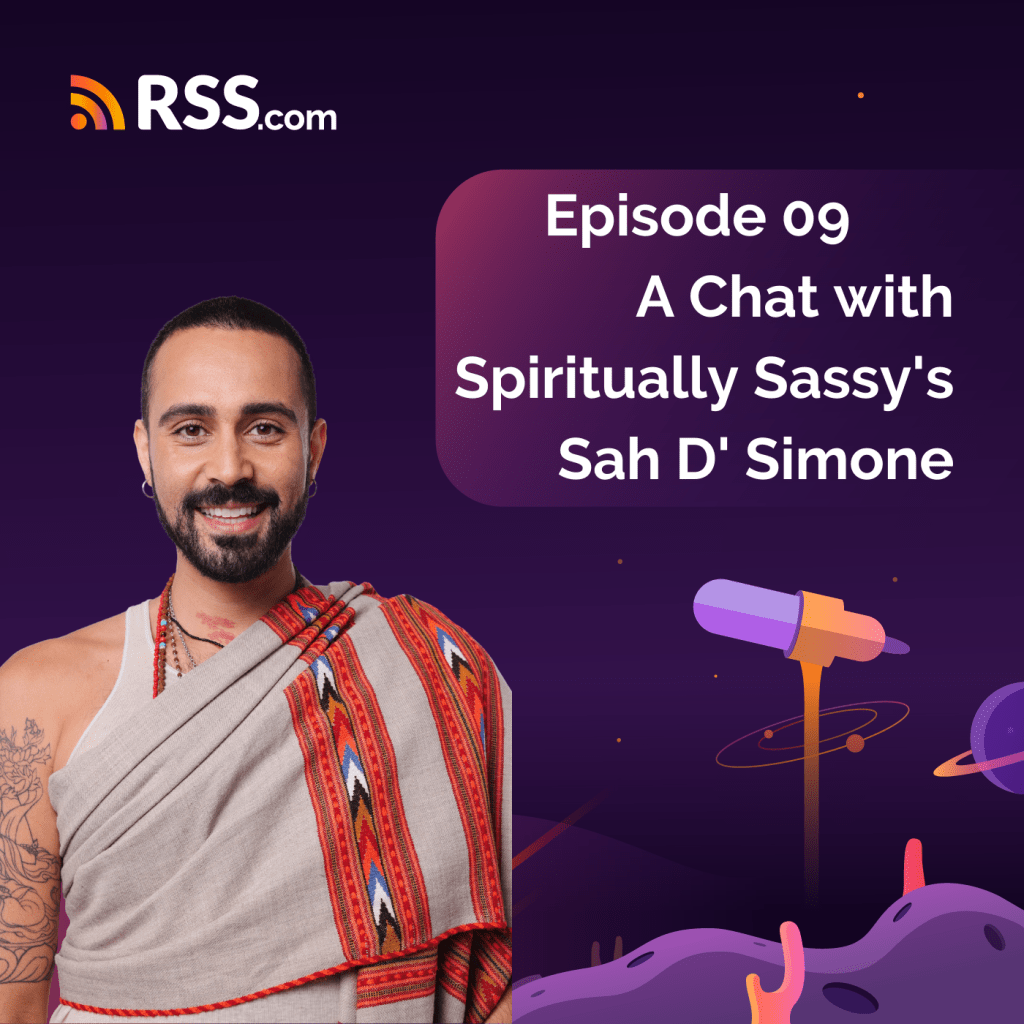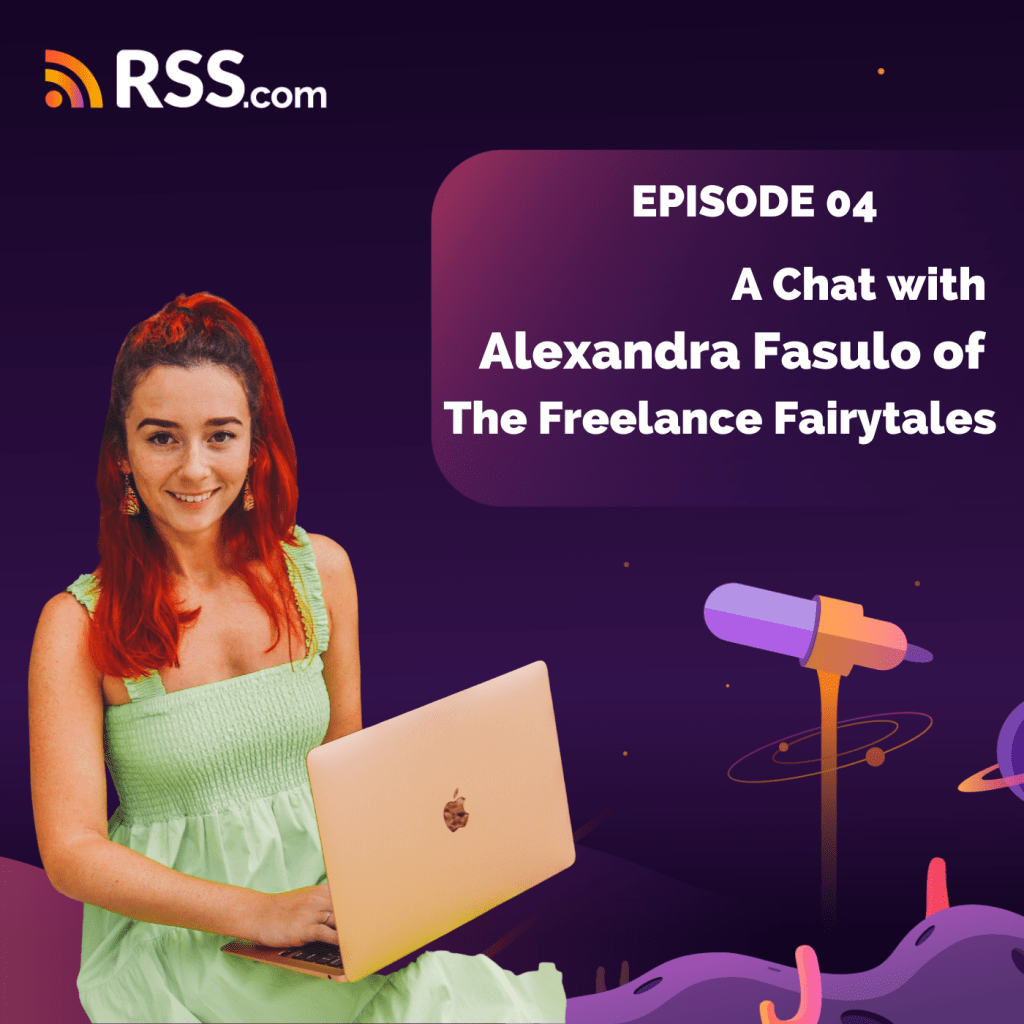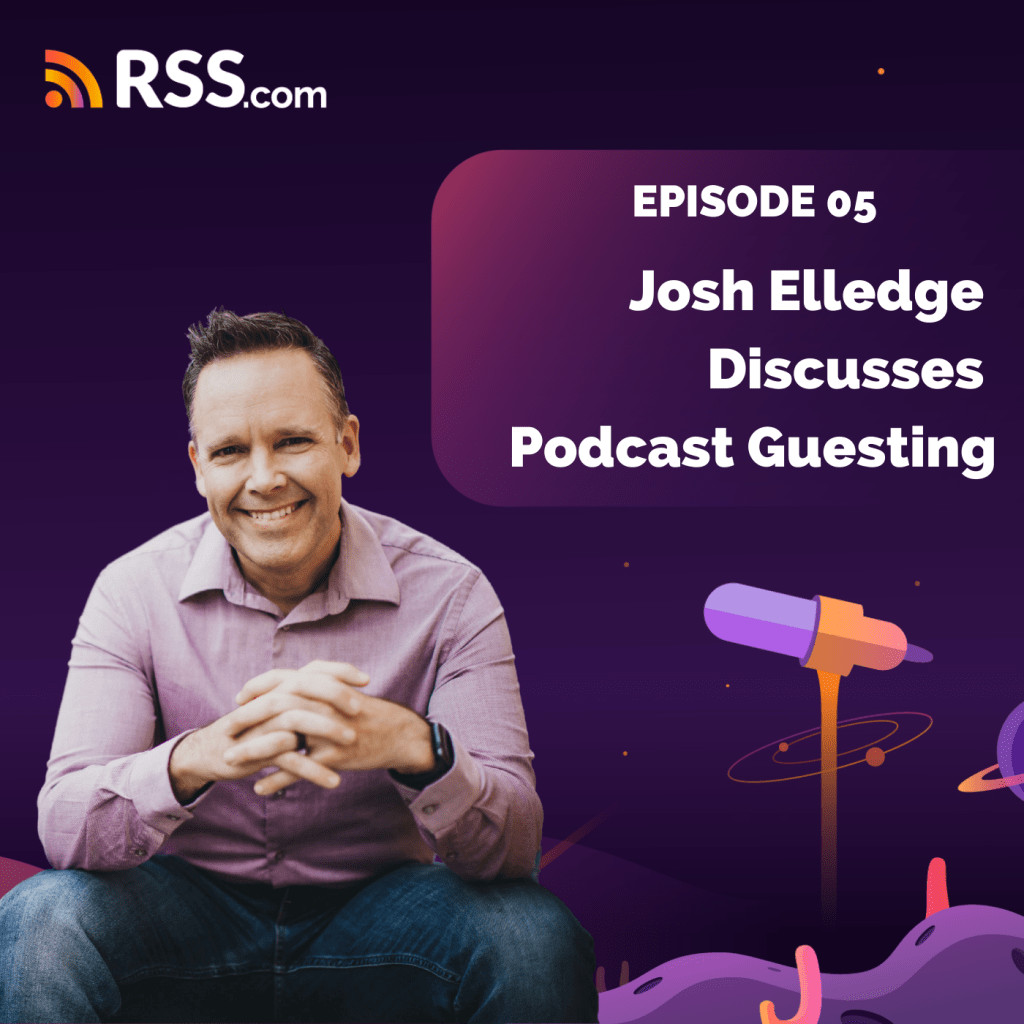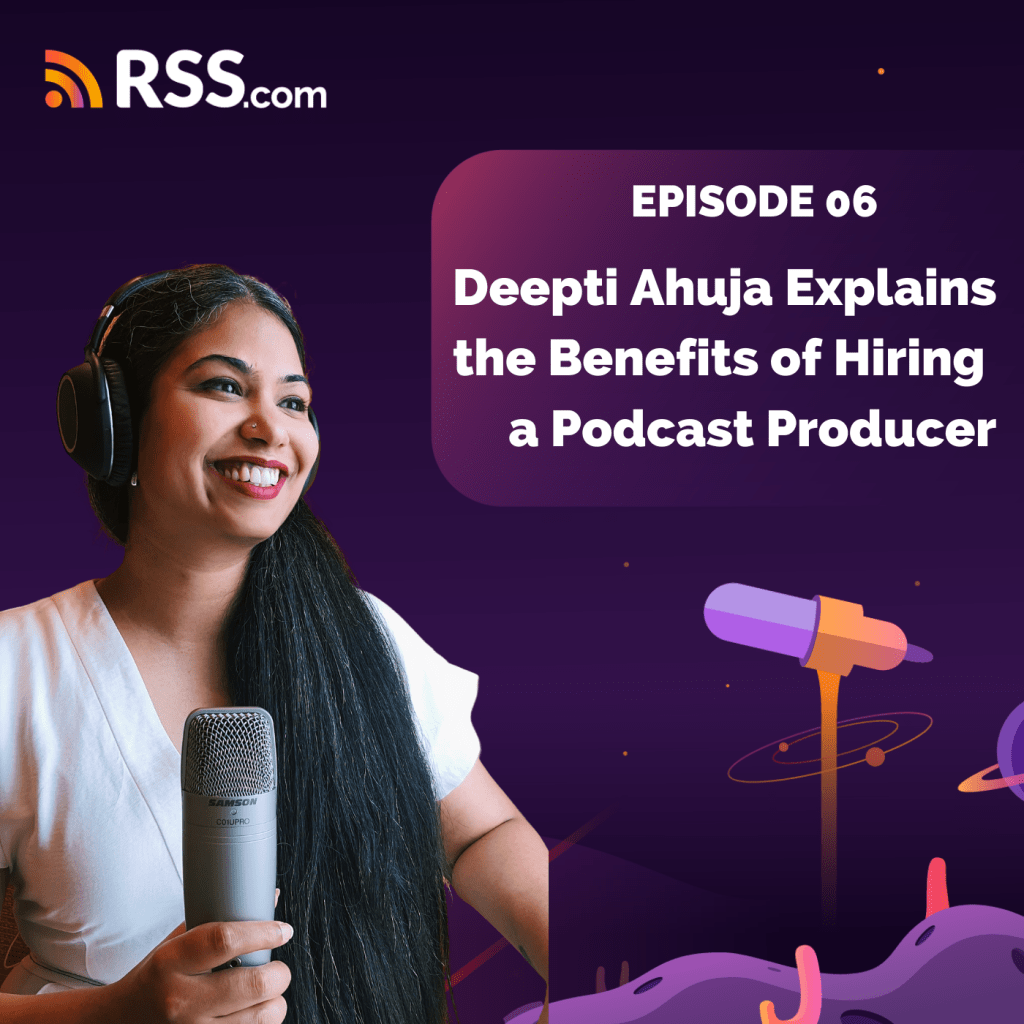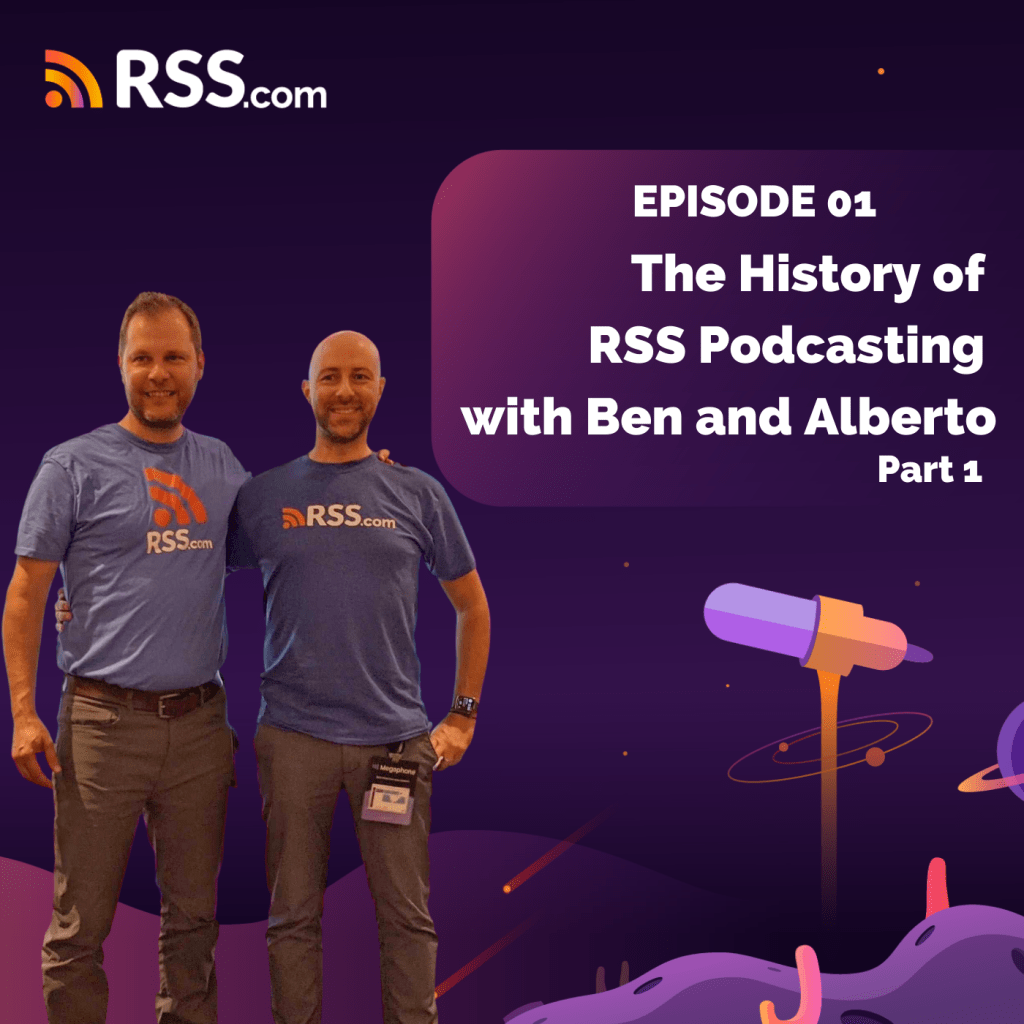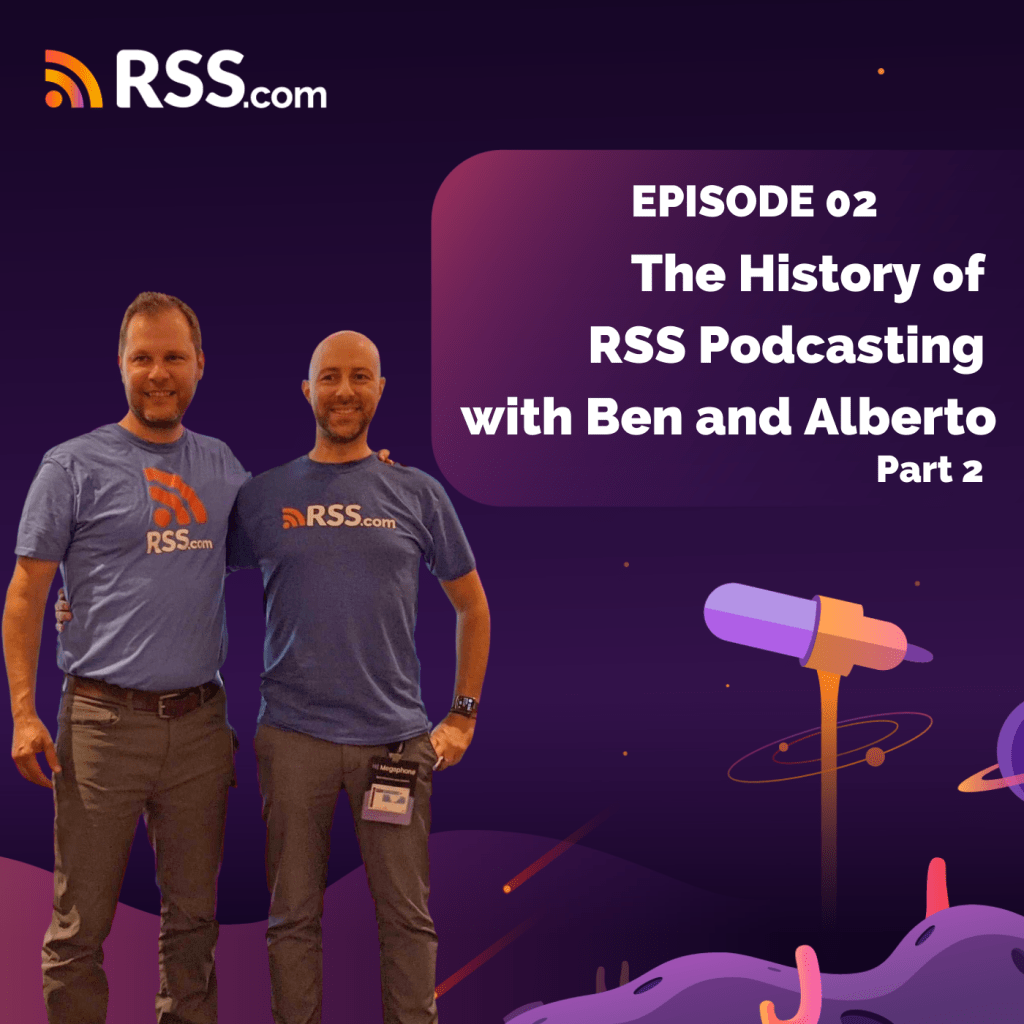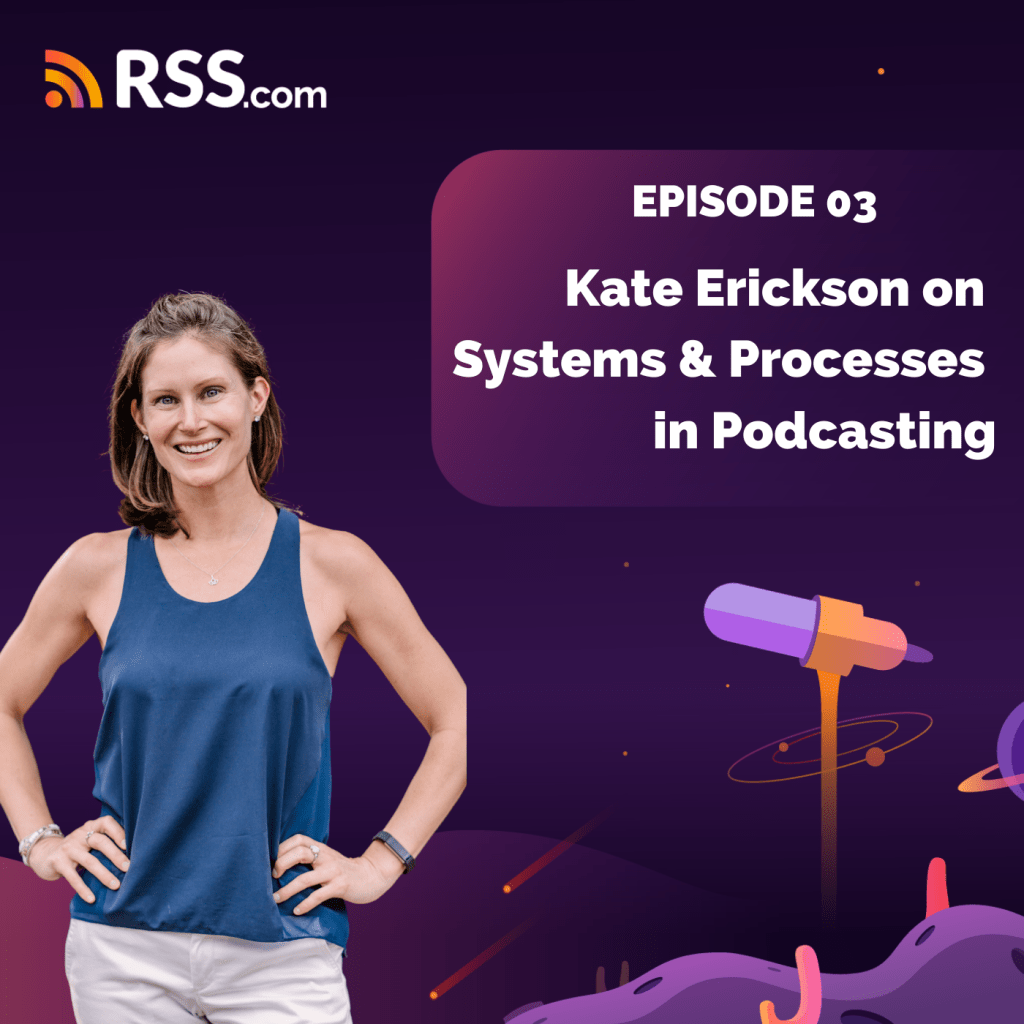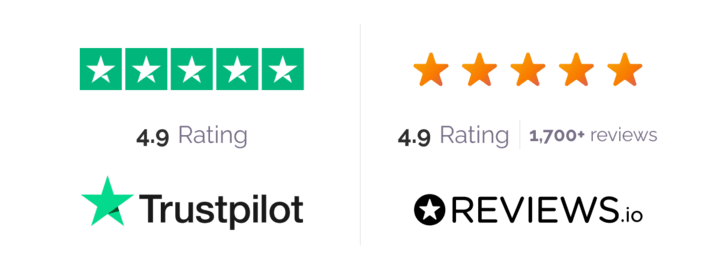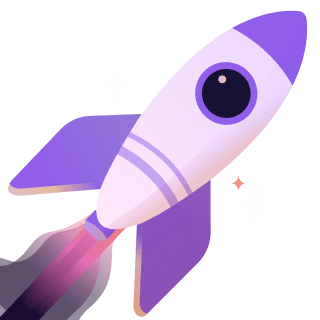- Listen to Episode #10
- Watch Episode #10
- Transcript for Episode #10
In this episode of Podcasting 101 with RSS.com, we’re speaking with Isaac Mashman of Mashman Ventures, a public relations firm specializing in personal branding. In less than four years, Isaac took his personal brand from being digitally non-existent to a branding and consulting force to be reckoned with.
Isaac, welcome to the show. Can you tell us a little bit about who you are and what you do?
Isaac Mashman 0:43
Yeah, Ashley. I mean, number one, thank you so much for inviting me on. You know, what I got going on right now, what do I do. I’m a public relations professional, I run a public relations for Mashman Ventures. I launched that in 2020. But whereas normal public relations firm focus on corporations bridging the gap between the consumer and the corporation, I specialize and emphasize personal branding. Working with people who are building out their personal brands, become the person of credibility. And so it’s been really, really great over the past couple of years doing that, also have a podcast, recently published a book, and really just a lot of different things in motion.
Ashley 1:20
That’s a lot. Okay, so let’s kind of unpack all of that. And if I read correctly, didn’t you start doing, like, public relations and, and branding and things like that for musicians?
Isaac Mashman 1:31
Yes. Wow, you did your research. Nobody has actually mentioned that before and in a question. But I did start doing it for musicians, I managed an artist for about six months. And then I decided, and this was right in the middle of a pandemic. And honestly, I think the pandemic didn’t happen, I might have continued to pursue it, because we actually had to cancel two concerts because of it. And then from there that sent the artist kind of into this depressive state because he’s working so hard. He’s trying to sell out these venues, always want to fly out.
Isaac Mashman 2:00
And we later on parted ways. And that kind of triggered me getting involved with, you know, the average individual or the entrepreneur or the business owner, and really branching out into other fields, other niches, other industries. And so yeah, I mean, music has always been a massive part of my life. From an early age, you know, I always look to music kind of as my therapy as a way for me to escape. And then it only made sense for me to get into, involved in music. But after realizing how shady the industry is, that there was no real effective way for a record label to win, and an artist to win without being 100% independent. I was like, You know what, this is, this isn’t for me, and then later on launched Mashman Ventures.
Ashley 2:40
That’s fascinating. So, so you wanted to do musicians, then you kind of got, you know, basically turned off by the industry, it sounds like.
Isaac Mashman 2:49
Yeah, well, that, that was an aspect of it. You know, in my early years in business, I was trying every single thing that I could possibly try. Like, I would do dropshipping, I did network marketing, three different companies for different times. You know, I wanted to go ahead and run a media agency, not a public relations firm, but like a solo media agency doing social media management, managing artists wanting a record label. But, you know, every single time I did one of these aspects, and one of these new ventures, I learned about it, I learned how it works.
Isaac Mashman 3:19
And I also was able to gauge how long it would take me to actually see revenue, because you can decide what your price is, what you’re charging. But at the end of the day, too, you have to take into consideration competitors, you have to take into consideration how long other people have taken to get to the place where they’re at. And for a record label, for example, it would take me probably five to ten years to really start making you know, any decent revenue from the company, as well as having enough to give to the artists that I was managing. And it’s very reliant on one or two people. And so it just didn’t have that scalability that I really desired.
Ashley 3:55
Now, you say, you’ve done a lot in the last couple of years, but didn’t you, aren’t you pretty young?
Isaac Mashman 4:02
Yeah, well, I am 21. I normally don’t start off with the age because unfortunately, you know, you say your age to somebody, they’re going to automatically discredit you, as somebody who’s ignorant or you don’t have experience or you don’t know what you’re talking about, which isn’t the case with me, but I am young, but I got started in business in 2017.
Ashley 4:20
Tell me a little bit about that. So you started basically in high school?
Isaac Mashman 4:23
Yeah, well, you know, funny enough that we’re doing a show for podcasts, right, like RSS, like, that’s awesome. Um, one of my first ever ventures was having a podcast. When I was a kid, I was going through some issues at home. You know, I don’t come from money. I came from a single parent household. I’ve watched my mom work really obnoxious shifts at Taco Bell and, you know, she would come home at night and I mean, it was great getting free Taco Bell at the end of the day, but it’s like I can barely see her. And so I was raised by my grandmother a lot in my early years.
Becoming a CEO
Isaac Mashman 4:52
And you know, late, she later on got remarried and you know, whenever you bring in another adult, another father figure that can oftentimes lead to animosity, chaos, hard feelings, tension, stress, etcetera. And that’s exactly what happened to me. Amidst those troubled times, I fell in love with the idea of entrepreneurship, like finding a business because up until that point, I was a great student, straight A’s, I had one C in my life. And the moment I got that report card that said C plus or C minus, it was like, end of the world, I had to go to school to get a tutor, like I had to stay after, and I never got a C in my life again. But at the end of the day, my mom said, go to school, to get good grades, to get a scholarship, and I was one SAT test away from that.
Isaac Mashman 5:34
But I saw her not using her own degree because she later on got her Master’s in Business. And I’m like, you’re not even using it. So, and I love her to death. I’m not speaking down about her. But I saw that, combined with these young 20, 22 year old kids making $10,000 a month, traveling, doing things that nobody in my life in my family had ever done before. And I saw that as a way to, you know, jump in and do something different, do something new. And so my senior year of high school, I took some of those entrepreneurial tendencies that I had. I was a kid who had the idea of running my own pin company, I had a lawn business, couple different things when I was younger. And it wasn’t until 2017 when I finally was able to define what exactly it was and what exactly I did.
Ashley 6:16
Well, you know, Aaliyah said it best, age ain’t nothing but a number. But I actually liked the fact that you started in high school, because it definitely speaks to the way that things are now. That it’s not just about you go to school, and then you go to school again, and then you get a job and you stay there for you know, until you get the gold watch. It’s very much a gig economy. It’s very much a, the entrepreneurs are the ones that are basically paving the way right now. And so I think it’s perfect that, that you started that way. So now you mentioned that you, one of your first ventures was actually podcasting and you podcast now. So why did you start your podcast, and how do you promote it?
Why Isaac Started Chase the Vision Podcast and How He Promoted It
Isaac Mashman 6:59
You know, my first ever podcast was called the Isaac Mashman show, and I scrubbed the internet clean of it, you can only find one episode of it right now. And that was when I re-released it with my current podcast, Chase the Vision with Isaac Mashman. But I launched it, I don’t even know quite why, why I launched it. That was during the period where I was spotting these other entrepreneurs who had strong personal brands, and starting to reverse engineer what they did. You know, some of the people that I started following, they got on Twitter first.
Isaac Mashman 7:25
So I started a Twitter account, I started building Twitter. I saw that they had a podcast, I’m like, well, they did it, so why can’t I do it? Now, the production sucks. It was a very rocky beginning, but I would be in computer class, editing my audios on, on a free Audacity download. And to this day, I still use Audacity because why not, or I have my Head of Audio, edit the episodes. But, it started out sharing it with my friends at school. I mean, I remember getting screenshots from my friends at the time listening to my podcast in the car, and I’m like, alright, this is kind of cool. And then from there, I kind of latched on to that emotional feeling of, okay, I’m doing something and other people are engaging with it. This is kind of cool, this is scalable. And then from there, that’s when I started to build up my personal brand online, outside of this, my friend group and you know, starting to connect on LinkedIn with more people, and Twitter, and build up my audience, and continue that content creation.
Ashley 8:16
So the podcast that you have now, did that start before or after you began the branding company?
Isaac Mashman 8:23
Chase the Vision with Isaac Mashman, actually, it was launched in 2019, an entire year, almost before I launched Mashman Ventures, and I’ve incorporated that. Now Mashman Ventures as a public relations firm, but it had a couple different iterations. Actually, prior to getting incorporated, it went from being Mashman Media, and then I was like Mashman Coaching, and I was like Mashman Ventures. Because I wanted to do something, I was going through this evolutionary process of, I want to do something that is scalable, and also something that has not been done before or isn’t easily duplicatable.
Isaac Mashman 8:57
Because I see a lot of these other entrepreneurs that focus on a couple of different services, couple of different business models. And I’m like, I don’t want to put myself in a box. I don’t want to, I don’t want to put myself in the only field of media, I don’t want to put myself only as a coach because I’m not a coach. And so actually, if you go to my Twitter account for Mashman Ventures, you’ll see that it was launched and created in 2018, from way before, two years before my company, because the handle at the time was @MashmanMedia. And so it’s been a really, really fun process. I know it sounds a little bit all over the place.
Isaac Mashman 9:30
But I think that sometimes when you’re doing something that’s never been done before, you don’t have that firm path, that firm direction, that blueprint, so to speak, or that mentorship, it is going to be chaotic. And then from there that chaos is going to bring about something that’s great. And I think that’s, that’s what happened over the past couple of years.
Ashley 9:47
Okay, well. Now, speaking of the, the podcast, I was doing a story for Medium.com about how to, I believe it was how to find guests for your show. And that’s actually how you and I met, is I posted on HARO that I was looking for real podcasters to talk to. And so I’m curious as to how you use HARO to promote your own podcast.
Using HARO to Promote a Podcast
Isaac Mashman 10:12
Yeah, well, HARO, is an exceptional way to get in contact with people that are normally out of reach, or not easily accessible, because they want to be private. I mean, as a journalist, I could only imagine what the journalists for Good Morning America get hit with every single day, when it comes to, hey, feature my story, I want to be on the show, I want to be on the show, etc, etc. I’m sure Michael Strahan gets messages every single day from people trying to slide in the DMs into the show network.
Isaac Mashman 10:38
But, HARO, I found by accident. I was researching ways to get into the press for free, because that’s a big part of my personal branding strategy, my marketing tactic with Mashman Ventures is, hey, I haven’t spent any money on paid press out of pocket. And I think that’s exceptional, compared to a lot of the other pay to win strategies that happened today.
Isaac Mashman 10:58
And so when it comes to HARO, whenever I see a story that, that has to do with a podcast, or podcaster, or niching, or anything that is relatable to me, I’m going to put myself out there and include that I’m a podcast host in the pitch. So it doesn’t matter if the, if the query is podcast related or not, but the person reading it, they’re likely to check out my podcast because I included the direct link. And I’ve been able to get into, you know, I would say a dozen articles over the past year, using HARO and it’s really an underrated tool. It just takes time and its commitment.
Ashley 11:29
So regarding HARO, how is it that you use it? Like how do, how do people tell you that they’re looking for someone to talk to for their podcast, or for their publication about whatever it is?
Isaac Mashman 11:42
Well, I mean, it’s super simple. You can set up the notifications per day of, okay, this is the specific industry, or this is the topic that I want to receive queries on. And then you get an email multiple times, I have it set to where I get one in the morning, one in the afternoon, one at night. So I mean, I get blasted with HARO every single day of the week, but it’s cool, it’s Monday through Friday. And then from there, I see, you know, hey, how to get on guests, or how to get guests or how to get high level people. And for example, your, your query was, you know, what are some tips for a podcaster.
Isaac Mashman 12:15
And I was like, well, a lot of people go about finding guests for their show the wrong way, and approach them as fans rather than as their equals. And then from there, you just see those queries, you respond to them with a catchy subject line. And then when you’re actually pitch, that’s when you get specific. And you say, Hey, this is me. This is my pitch. This is why you should listen to me.
Isaac Mashman 12:36
But he will always lead with your pitch first, and you don’t need to send two pages, you need to get you know, do, do, you’re nodding your head, because you know what I’m talking about. People try to sell themselves all too much. But the entire point of building out your personal brand, is to sell yourself to where somebody could Google your name or Google your business or Google your podcast. They don’t need to ask you additional questions because they can find the information about you. Because your personal brand or your company’s brand are doing the speaking for you.
Podcasting for Building a Personal Brand
Ashley 13:01
Now, would you say podcasting is an asset for someone who’s trying to build their personal brands?
Isaac Mashman 13:07
Oh, 1 million percent. I think a podcast in 2021, 2022, moving forward for I would say the next decade is going to be a really great way to establish credibility. I’ve had opportunities come to me because of my podcast, i.e. us getting connected and doing this podcast interview right here, connecting with my audience, connecting with your audience, etcetera. I’ve been able to become an early beta user for different applications, I’ve been able to do audio courses for companies, and create a residual stream of income because of my podcasts.
Isaac Mashman 13:37
And so it’s, it’s a way for you to connect with people who are already following you or connect with new people, new prospects of fans and followers, and actually sharing unique things about you that they wouldn’t get through a simple picture, or story post, or something like that. You’re able to share unique stories about, you know, a life experience or something of the matter of land to talk about things that you specialize in. It’s, it’s really cool. It’s a lot of fun.
Ashley 14:03
Now, you mentioned money, I have to ask you, you said that you’ve actually made some income because of your podcast now. Is that strictly from your brand or business? Or is it something that you’re making money from sponsorships? Or how’s that working?
Isaac Mashman 14:18
So I’m somebody who doesn’t do any sponsorships on the app, or on my show, rather, excuse me. Actually, every single episode I’ll say, hey, I would appreciate if you shared the show, you left a review, you liked it, you send it to a friend, if you got any value from it. I’m not running advertisements taking up your time. Just because I know personally, and my listener habits and behaviors are, if I hear an ad I’m going to skip it. Even if I’m out for a walk or I’m going you know, out, I’m going to skip 15 seconds, 15 seconds, 15 seconds, oh wait, a little bit too far back 15 seconds, because I’m not wanting to sit through and listen to ads.
Isaac Mashman 14:52
I’m the kind of guy to, where if I see a sponsored thing, I’m not going to click on it. I just avoid sponsors, I avoid ads, and I think the reason I like that is because I’m doing it from a business standpoint. So I’m like, I’m not, I’m flying, I don’t care. The revenue that I generate was from the opportunities that came my way because of my podcast, where they reached out to me using the RSS feed email that I have for Chase the Vision, and also from the people who were clients, or who were prospects, who were previously guests actually, excuse me. So for example, Ashley, if you and I were to start working together, that would be a direct reason, because of my podcasts. My podcast is the reason that we would be working together, because that’s how we connected on a deeper level. I have a prospect call tomorrow with somebody who I interviewed on my podcast. And so, and that’ll be for a mid range client. And so it’s really serving multiple purposes. And there isn’t just one inclusive reason to have a podcast, it’s an entire umbrella of reasons why and, and benefits and pros, and virtually no cons, which is awesome. And, you know, not easy to come up.
Isaac’s Advice on Building a Brand
Ashley 15:56
So if someone came to you right now, and they said, okay, I’m starting a business, I want to get my brand going, what’s the first advice you’d give them?
Isaac Mashman 16:03
So I would immediately look at what you want to do and your goals. And the reason I say that you need to start with your goals. And this isn’t some cliche, cliche motivational pull rod type of thing is, you need to understand how big you want to play. Do you want to play it to where you’re trying to become, you know, a celebrity, or maybe have a million followers, or 10 million followers, or take your business to nine figures?
Isaac Mashman 16:24
Or do you want to simply become well known on a local level, and that will also determine your actual strategy moving forward with social media and going out in public to network. So myself, personally, I want to take it as big as I can get, I want to, I want to live up to my potential, I really want to take this to the highest degree possible. And so I know that my strategies aren’t going to be limited to my city, to my local neighbors, to my neighborhood, to my business, on a local level, and my business is remote, it’s international, not national, and not local.
Isaac Mashman 16:55
And so, always start with your goals and understand where you want to go with it, and then understand what you want to be known as. Now, your personal brand is who you are, not just for what you do. A lot of people only build out their personal brands for what they specialize in. But if they ever want to pivot in the future, what ends up happening is the people who are following them for the value in a specific field, and you do a pivot, they’re going to unfollow you, because you’re no longer providing value to them in serving their best interest. But if you were to build out your personal brand for who you are, connect on the fact that you drink your coffee, black without sugar, connect to the fact that you’re a huge Lord of the Rings fan, or connect on the fact that you love to travel.
Isaac Mashman 17:32
And here are some of the places you’ve been, and somebody else’s, like, I’ve been there, too, I’ve been in that. But you know, I’ve been at that diner, that coffee shop. I, too, drink my coffee, black. That connects somebody and makes them become an acquaintance, even though you’ve never met them, they become your acquaintance. And then they become your friend. And then because of your social media content, they eventually become your best friend. And you might not even know they exist, but because of your content, that rapport is built. And so that is going to be what establishes longevity in the long term. So always start with your goals, and then start putting yourself out there. Those are some of the initial tips that I’ll give. But again, like, I can go into a million directions with that as well, because there’s so many important things and steps that come into personal branding and being successful at it.
When Should You Start a Podcast?
Ashley 18:16
So at what point after someone starts their business, should they consider starting a podcast?
Isaac Mashman 18:22
I would say immediately, that should be one of the first things you do. If anything, it’s going to take time to build up momentum for your podcast, it took me a year and a half of my podcast and then me getting consistent and, you know, starting to get people to listen, and promoting it every single time I went out, every person I talked to, hey did you know I have a podcast? No, I didn’t. Well, here’s the link, right, something like that. And so I would say getting started early on is going to give you an advantage, considering 4 billion people are going to be on social media by 2025. That’s a massive amount of noise that you’re going to have to cut through. So why not take the advantage today and get started?
Isaac Mashman 18:57
Because otherwise what will happen, Ashley, you know this, is you’re going to say I’ll start the podcast when. I’ll start it when my business is at x point, or when I’m at this point. And then you’ll get there and you’ll be like, yeah, I got all these other things going because you’re naturally going to get more things on your plate, and then you’re not going to do it. And so I would say start now, cut through the excuses. And, you know, just, it’s gonna suck initially, like, and that’s right, like it’s, it’s going to suck. And that’s the beautiful thing, because that allows for growth, that allows you to understand the, you know, areas of improvement. And then from there, you know, you can eventually get bigger guests, more numbers, more listeners, more downloads.
Ashley 19:35
Well, and the best part about starting the podcast is that you will create a bunch of content that you can then repurpose for blog posts, and YouTube videos, and everything. Well, now, you mentioned a lot of things about branding and I’m curious as a lot of it is covered in your new book. Want to tell us a little bit about that?
Isaac Mashman 19:53
Yes, well, hey, I’m honored that you brought that up actually, and I’m not sure if this is going to be on video, but I have a copy right here, to my, to my right. Personal Branding: A Manifesto on Fame and Influence. Now, what I’m holding is an author’s copy, not for resale. But, um, I launched this book on November 1 2021. And the premise of this book is to focus on the what and the why, right? What is personal branding? Why is it important? Why, why you should be building it.
Isaac Mashman 20:18
And it’s not so much emphasizing the how. Now, I do touch on branding, I do touch on marketing strategies, but I really want people to understand why they need to be building out their personal brand, what their personal brand and state. There are a lot of misconceptions. People oftentimes think that a company brand is the equivalent to your personal brand, they’re two entirely separate entities. They think that you’re starting a personal brand. No, you’ve had your personal brand. And so I break down some of those things in an untypical way. And from there, people can start to understand why it’s important, and then some of the next steps that they should take.
Ashley 20:48
So where can people find you online?
Isaac Mashman 20:52
Yeah, well, thank you again, Ashley. And you can find me literally everywhere @IsaacMashman. If you like podcasts, Chase the Vision with Isaac Mashman. And you can grab a copy of my book, Personal Branding: A Manifesto on Fame and Influence on Amazon, Google Books, and my other website isaacmashman.com/book.
Ashley 21:09
Well, thank you so much for being here today. And is there anything that I didn’t ask you that you wish I had?
Isaac Mashman 21:16
That’s it. That’s an interesting question that I’ve never been asked before. Again, you’re coming with the heat today, Ashley, I love it. Whenever we have a conversation, it’s always going to be good. They’re, they’re blessed to have them here. Um, I really can’t think of anything, but if I can close with something I would say at the center of all achievement is personal growth. And the reason that’s important is because of my age, I am relatively young, but I’ve been able to shave off decades of my life in a positive way, right, not shave off in a sense of I have less than, but I have more experience, more knowledge. And more, I guess you could say livelihood, like I have more potential because of personal development, and because of learning from other people who have already made the mistakes that I would have otherwise had to make myself.
Ashley 21:56
I think that over the next decade or so, we’re definitely going to see big things for you, and I can’t wait to see what happens next.
Isaac Mashman 21:57
Well, thank you, Ashley.
Isaac’s Links:
Website: https://www.isaacmashman.com/
LinkedIn: https://www.linkedin.com/in/isaacmashman
Facebook: https://www.facebook.com/theisaacmashman
Twitter: https://twitter.com/isaacmashman
Instagram: https://www.instagram.com/isaacmashman/
Pinterest: https://www.pinterest.com/isaacmashman/
YouTube: https://www.youtube.com/isaacmashman
Latest Episodes
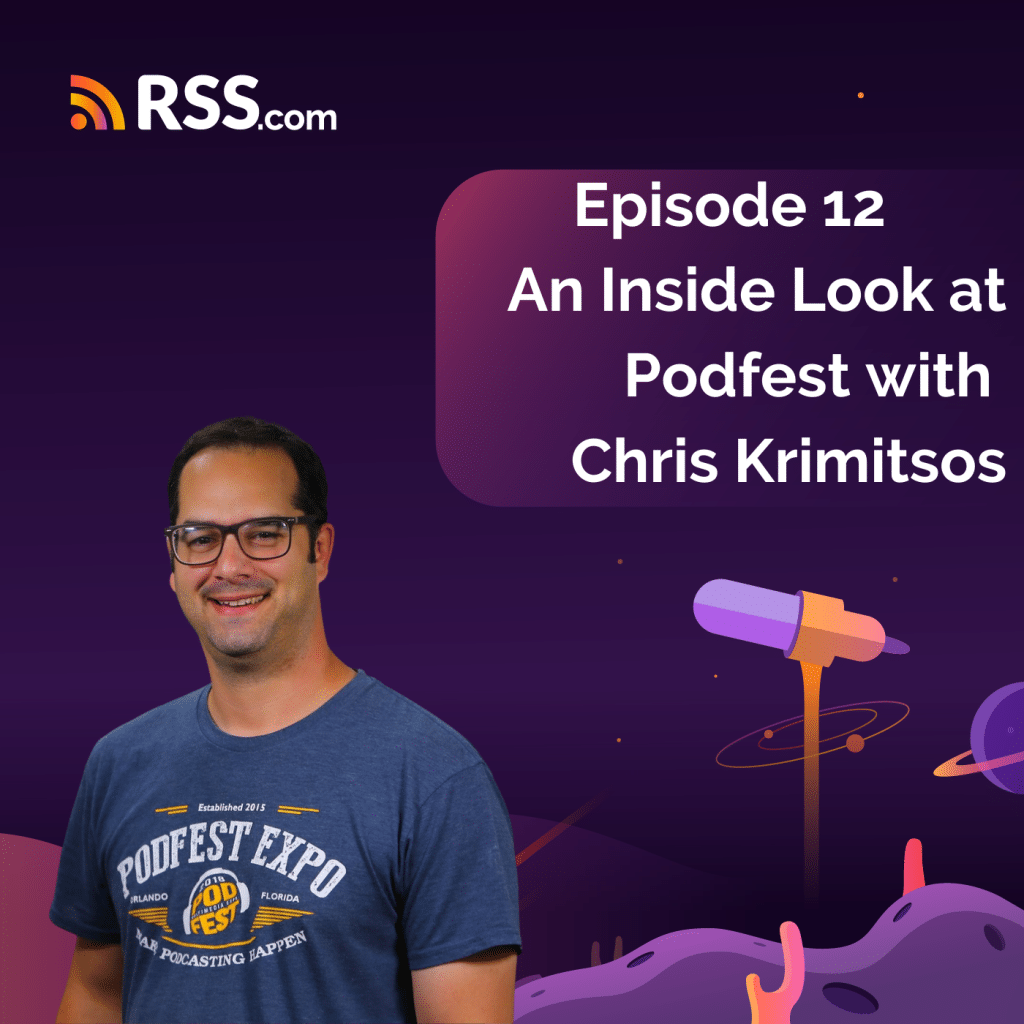
Podfest’s Chris Krimitsos gives us the behind the scenes scoop on how the conference came to be and what the future holds.
In this episode, Isaac Mashman of Mashman Ventures teaches us how to use HARO to market a podcast and grow your audience.
Patrick Strevens committed to 100 podcast episodes in a single calendar year. Learn about the lessons he learned along the way!

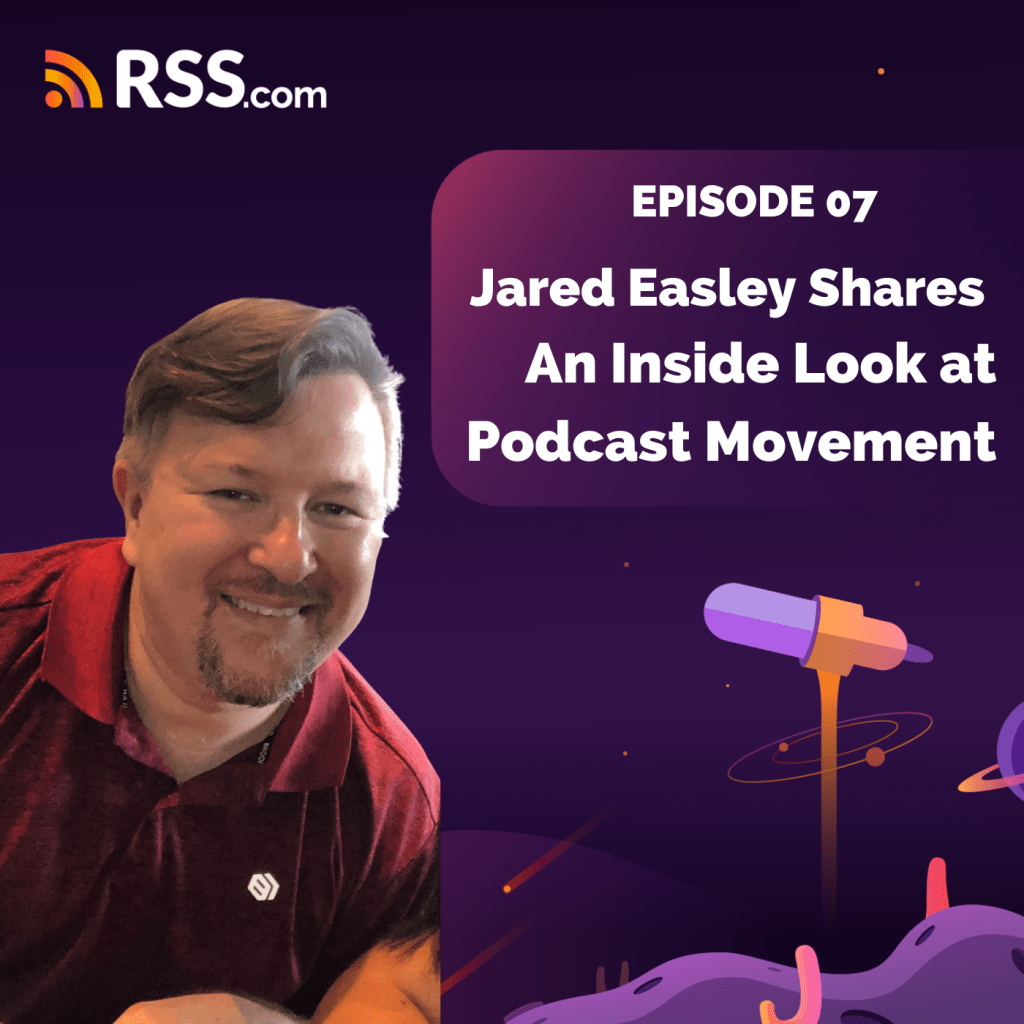
In this episode, we speak with Jared Easley, the co-founder of Podcast Movement on all the things about the conference, community, and more!
In this episode, Bess Auer, the founder of Florida Blogger & Social Media Conference talks about why communities are so important for podcasters.
In this episode, Sah D’ Simone discusses his heart based healing movement in which joy and authenticity, eliminate the path to enlightenment.
In this episode, Alexandra Fasulo of The Freelance Fairytales talks about how she got started in podcasting and how you can too
In this episode, Josh Elledge, the CEO of UpMyInfluence discusses how to leverage podcast guest appearances to build your brand and business.
In this episode, Deepti Ahuja with HTSmartCast discusses the advantages of hiring a podcast producer to create high-quality content.
In this episode, the founders of RSS.com, Ben Richardson and Alberto Betella share their journey of building RSS.com.
In part two of the History of RSS.com, Ben Richardson and Alberto Betella talk about why you should start podcasting.
In this episode, Kate Erickson of Entrepreneurs on Fire talks about her processes for recurring podcasting tasks

